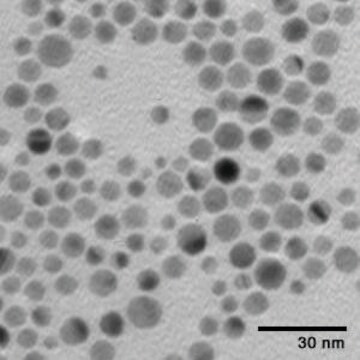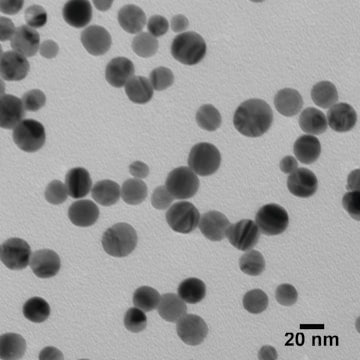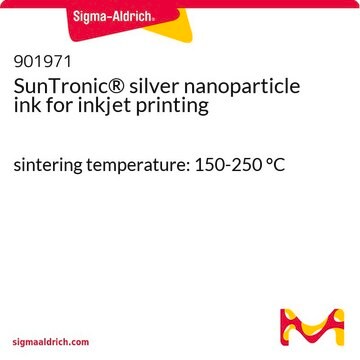736511
Silver, dispersion
nanoparticle, 40-50 wt. %, spec. resistivity < 0.001 Ω-cm, for printing on ITO and glass
Synonym(s):
Silverjet DGH-55HTG, silver ink
About This Item
Recommended Products
Quality Level
description
surface tension 40 - 70 mN m-1
form
dispersion
nanoparticle
concentration
40-50 wt. %
refractive index
n20/D 1.333
particle size
≤10 nm
viscosity
900-1600 mPa.s ((25°C))
density
1.5-1.8 g/mL at 25 °C
storage temp.
20-25°C
SMILES string
[Ag]
InChI
1S/Ag
InChI key
BQCADISMDOOEFD-UHFFFAOYSA-N
Looking for similar products? Visit Product Comparison Guide
General description
Disclaimer
signalword
Danger
hcodes
Hazard Classifications
Acute Tox. 4 Oral - Aquatic Acute 1 - Aquatic Chronic 1 - Eye Dam. 1 - Skin Corr. 1B - STOT SE 2
target_organs
Eyes,Central nervous system
Storage Class
8A - Combustible corrosive hazardous materials
wgk_germany
WGK 3
flash_point_f
217.9 °F
flash_point_c
103.3 °C
Choose from one of the most recent versions:
Already Own This Product?
Find documentation for the products that you have recently purchased in the Document Library.
Customers Also Viewed
Articles
Inkjet printing is one of the key enabling technologies of printed electronics. Inkjet printing technology classification, aspects of materials (inks, substrates) and respective pre-and post-processing steps are discussed.
Functional materials for printed electronics applications enable flexible displays, RFID tags, and biomedical sensors.
The ability to pattern conductive electrodes is technologically relevant for several applications, including photovolatics, displays, sensors, and biomedical devices.
Progress in solution-processed functional materials leads to thin-film optoelectronic devices for industrial and consumer electronics.
Our team of scientists has experience in all areas of research including Life Science, Material Science, Chemical Synthesis, Chromatography, Analytical and many others.
Contact Technical Service












